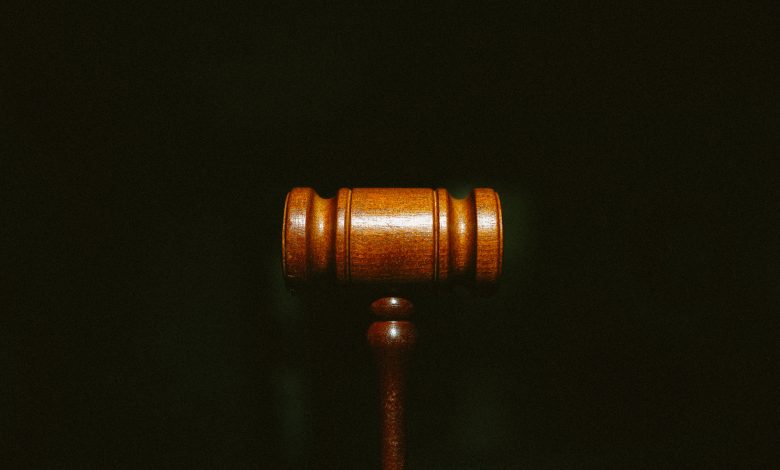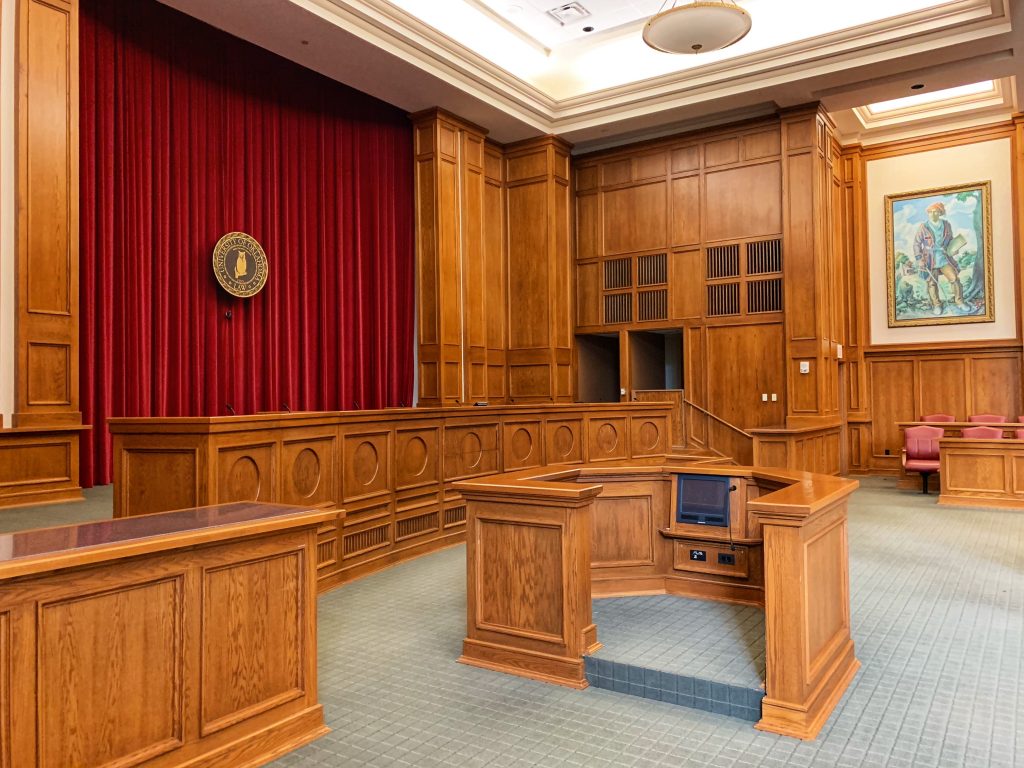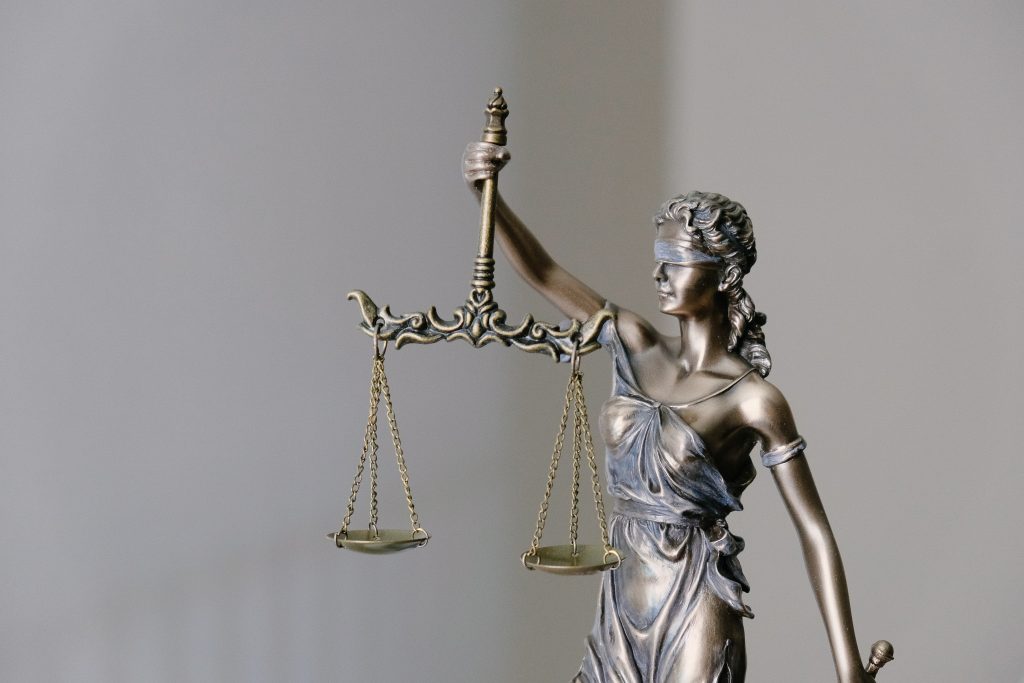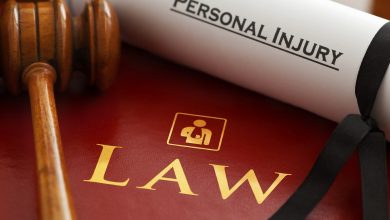Can You Sue for Being Falsely Accused?

A false accusation can be devastating. Nobody wants others thinking something negative about them – especially if it isn’t even true. And there can be countless other consequences that come with being falsely accused, such as legal fees, negative publicity, loss of parental custody, unjust prison time or other sentences, and loss of employment and other positions. The good news is that you may have a path for legal recourse to gain some justice in your situation. In some cases, you’ll be able to sue your accuser for a variety of charges, including defamation, false imprisonment, and malicious prosecution.
The Danger of False Accusations
False accusations occur when someone is accused of doing something they didn’t do. This can happen in any number of ways, varying from:
- Knowingly falsely accusing someone of a crime
- Unintentionally falsely accusing someone of a crime
- Accusing the wrong person of a crime
- Saying something untrue about someone to someone else
- Writing something untrue about someone and publishing it
There’s any number of reasons why someone would accuse someone of something intentionally. However, sometimes it does occur as the result of someone genuinely unintentionally misidentifying someone, truly believing a crime had occurred when it hadn’t, or thinking a statement they were making was true. This can be the result of misremembering, misunderstandings, mental illness, drug use, or suggestive questioning. Sometimes, this can put innocent people in jail and ruin reputations, but in these cases, there is likely no case for a civil case against someone – unless there was a reckless disregard for the truth.
But when someone intentionally falsely accuses someone or publishes something defamatory, there may be grounds for pressing civil charges. This can provide the victim with restitution, usually in the form of payment of compensatory damages from the defendant. However, in the case of a false accusation that resulted in an arrest or civil or criminal trial, in order to press civil charges, the plaintiff must have been found innocent. In this case, it’s in the victim’s best interest to contact a lawyer and see if they have a case for suing their accuser.
When suing as a result of a false statement being spoken, written, or otherwise published, the victim may pursue a defamation case for slander or libel. In the case where a false accusation led to the defendant’s jail time or a criminal or civil law suit, they may be able to sue for false imprisonment or malicious prosecution.

Defamation
One of the first options for pursing a civil lawsuit against a false accuser is defamation, which comes in two forms: slander and libel. A defamation suit in general is just one that claims that the defendant made some kind of statement about the plaintiff that was untrue, but there are several aspects that are required to find a guilty conviction. These include:
- A false statement was made
- The statement was either published or communicated to a third party
- The defendant was either negligent or deliberate with their lie
- The plaintiff experienced some kind of harm as a result of the statement
To further expand on these, a statement must either be spoken or written, which is the defining factor between a slander and libel case. Slander is a spoken statement, while libel is written. Because of the permeance of written word, libel is typically taken more severely, although this may be a case-by-case deal; we also now have video recordings that can have more lasting effects as well. That means that a defamatory statement can be published by being spoken out loud, recorded on a video or audio recording, published on social media, written in a newspaper or digital publication, posted on YouTube or some other video platform, shared in blog posts, and any other number of methods. With our ability to now widely spread information, defamation can happen in many different ways – and incredibly quickly, as well.
Publishing the statement isn’t necessarily just the typical sense of physically including something in a publication, but rather just the presentation of a statement to a third party. This requires at least one other person, besides the person making the statement and the falsely accused, to see or hear the statement.
The plaintiff will also have to display the injury they received as a result of the statement, meaning the loss of employment, parental rights, respect, relationships, positions, freedom, or rights or any other type of damage. But if it’s shown that the statement wasn’t widely believed, didn’t reach enough people to cause damage, or is otherwise found insignificant, the plaintiff may not have a case. They must have also been specifically named as the individual the defendant was referring to when making the false statement. Generalities aren’t taken quite so seriously, as it may not be able to be proven that they were directly talking about the plaintiff.
The falsity of the statement also must be proven. This means that the statement must be found objectively false, making some expressions more of an opinion and less likely to be found defamatory in court. This is because free speech must still be protected, but not to the extent of harming others. Additionally, even if it’s found that publishing a statement caused harm to the plaintiff, if the statement was in fact true, there is no case.
Along with this, the defendant’s intention is called into question, as they must have had the objective of causing the plaintiff harm through their statement, although this is more often applied in situations where the plaintiff is a public figure or celebrity. This also includes the fact that they either knew the statement to be untrue or that they didn’t pursue due process in order to ensure the statement was true before spreading it. In other words, they knew what they were publishing to be false, and they published it with the intent of causing damage to someone in some way – whether it be their reputation or any other reason.
Defenses for Defamation
There are some defenses for defamation cases. One is absolute privilege. While it seems like kind of a strange law, this protects “judicial officers, attorneys, jurors, witnesses in legislative proceedings, legally required publications, and statements made by a party during trial or in a pleading.” There is also qualified immunity, which can include some of the following specific scenarios:
- A government report
- Official government proceedings
- Lower government officials (members of town and local boards)
- Legislative proceedings
- Self-defense
- Warning about danger
- Occasionally in the case of an employer making a statement to a potential employer of a former employee
- Fair criticism of books, films, and other media
Qualified immunity also requires that the defendant not have made the statement with malicious intent.
Obviously, it’s a good idea to argue against the aspects required for defamation, such as proving that the statement was actually true, as this would automatically disqualify any defamation charges. Another includes that the statement was published as a form of opinion, not a factual statement made by the defendant, and that should have been clear. However, this isn’t always cut and dry. Simply prefacing a statement with “I think” may not be enough. When making a decision, the defendant’s relationship with the plaintiff, their intentions, and how specific the claim was will all be considered. They may also be able to show that the plaintiff consented to the publishing of the statement.
Finally, sometimes it’s a sufficient defense to display how the defendant retracted the defamatory statement.
Penalties for Defamation
In most cases, the penalty for slander or libel will be some sort of restitution for the plaintiff based on the damages they experienced. To calculate this, the judge will first determine the type of damages that were inflicted on the defendant. Most often, the damage is caused by the defendant making a statement that damages someone’s reputation based on claiming they are morally unchaste or have committed a crime. As usual, these damages will likely be converted to some sort of monetary value, including payment for any legal or medical fees, emotional distress, lost wages and benefits, or loss of business opportunities. While these are all compensatory penalties, there are some cases where punitive penalties will also be applied to the defendant.

False Imprisonment
False imprisonment is when someone is being held against their will without any legal authority or justification. This crime also requires some aspects to be proven, which include:
- The defendant acted intentionally
- They did not have the plaintiff’s permission
- They did not have lawful justification or authority
This one may be a little more difficult to tie to a false accusation, as the argument here is that the defendant’s false statement is what led to the plaintiff’s false imprisonment. Also, it won’t be enough to just show that the plaintiff was found innocent. The intent is key here, so someone that truly believed the plaintiff was guilty of a crime won’t be found guilty of causing false imprisonment. Someone must have intentionally reported that the plaintiff committed a crime which led to their improper imprisonment, knowing that the statement was false.
Penalties for False Imprisonment
In a civil case, this may take the same route as defamation and lead to compensatory penalties to assist with the damages caused to the plaintiff as a result of the accusation. However, there is a possibility that false imprisonment can be pursued criminally. In these cases, jail, fines, probation, and other general criminal consequences can be on the table. Depending on the severity of the crime they accused the plaintiff of, they may face up to twenty years in prison, up to 10,000 dollars in fines, and years on probation for a felony charge. However, it’s more likely that these specific scenarios will be handled on a civil level – or at least just be a misdemeanor charge versus a felony.
Malicious Prosecution
If someone files a lawsuit against someone under false pretenses, this can be considered malicious prosecution. However, it does require a few aspects:
- The defendant instigated or pursued a lawsuit (civil or criminal)
- There was no reasonable cause for the lawsuit
- There was malicious intent
- The defendant lost the case
- The plaintiff suffered damages as a result
Again, it’s necessary that the defendant pursued a lawsuit knowing that the plaintiff was innocent, meaning someone who is just mistaken or really believes the plaintiff to be guilty can’t be charged with malicious prosecution. As such, it requires a false accusation to pursue the lawsuit. This could even include if the defendant found at some point during the case that they had no case to make but proceeded with the lawsuit anyways. It’s generally easy to prove damages here, as the plaintiff had to go through the burden of a lawsuit, whether that involves missing work, paying for legal fees, or even just emotional injury or damage of reputation.
Penalties for Malicious Prosecution
Like the others, this will come with compensatory penalties, such as paying restitution for emotional turmoil, loss of employment, court or lawyer fees, earning potential, and more. This case will likely be even stronger if the plaintiff had to spend time in jail as a result of their false accusation. In some cases, the defendant may also receive punitive punishment. There could also be the potential for criminal charges in these more severe cases, as well.

Criminal Prosecution
In some serious cases, it may be possible that someone be held criminally responsible for knowingly falsely accusing someone of a crime. For example filing a false police report is a crime. This requires that the defendant file a report with either a law enforcement officer, district attorney, attorney general, or some other individual capable of taking a report. They must also have known that the report they were making was false, and in some cases, have the intention of disrupting the criminal justice process. This would include intending to charge an innocent person with a crime.
In most states, this will be a misdemeanor charge, which can come with up to a year in jail and a fine. The more severe the crime that was falsely reported, the more likely it is to have a more serious sentence, sometimes even leading to a felony charge.
Defending Against False Accusations
The first step you probably want to take when being falsely accused is getting a lawyer. Remember, after all, that you may have a case for suing for damages at the end of this. But that will require a not guilty verdict for you, which is much more likely with a good lawyer. You also don’t want to risk worsening the situation, so refraining from too much communication with your accuser or law enforcement if applicable without your lawyer in order to be sure you don’t inadvertently say something wrong is probably a good idea. You also do not need to submit to any searches, DNA tests, or other testing without your attorney’s advisement or, preferably, a warrant. There’s no use risking anything, even if you don’t think there’s anything to be found. If possible, you could avoid the accusation progressing to actual criminal charges with the help of a good lawyer, which would save a lot of the hassle and damages of defamation.
In the mean time, collect as much evidence of your innocence as you can, but don’t try to destroy or hide anything that you believe may be incriminating. This will only make you look guilty and could even come with more criminal charges against you, even if you’re innocent. Make a detailed account of what actually happened, as well as any other evidence you think may exist. Include witnesses and others who can speak to your credibility and character.

Restitution
Even those whose reputations have greatly suffered as the result of false accusations can find small comfort in the fact that they can seek justice through the justice system. Though monetary restitution can’t replace everything, it can speak to repair the victim’s innocence and provide some sort of relief. When a false accusation is the result of published false statements, suing for defamation is a solution. This will require the proof of the defendant’s intent to publish an untrue statement about the plaintiff, but it can result in the compensatory damage to be paid to the plaintiff. However, if a false accusation progresses to criminal standards, false imprisonment or malicious representation may be the path to go. This would require for either an imprisonment or legal proceeding to have occurred as a result of the defendant intentionally making a false accusation. This can lead to either compensatory or punitive punishments, or even criminal charges with jail time. If you have been falsely accused, contact a lawyer to see if you have a case for pressing civil charges.



